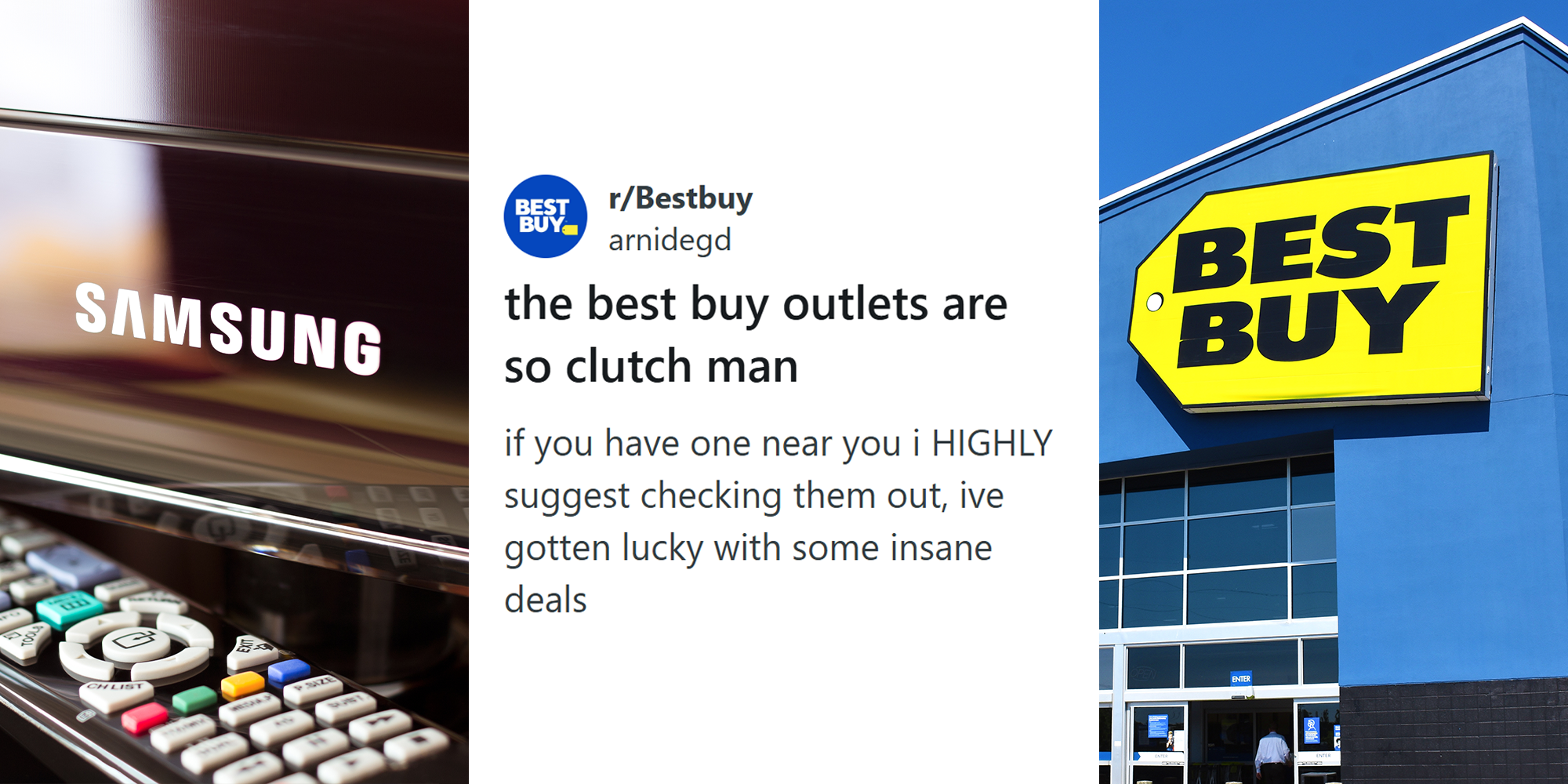Perplexity's CBO Dmitry Shevelenko Seizes Court Opportunity to Pitch Chrome Acquisition Amidst Google Monopoly Trial

Dmitry Shevelenko, the Chief Business Officer of Perplexity, recently found himself in the spotlight during a high-profile trial concerning Google's search monopoly. Initially hesitant to testify due to concerns about potential retribution from Google, Shevelenko ultimately embraced the opportunity to advocate for his AI company's business ambitions, specifically pitching the idea of acquiring Google's widely used web browser, Chrome.
Judge Amit Mehta, who is presiding over the case, could take decisive actions based on recommendations from the Justice Department, which may lead to Google being compelled to spin off Chrome. This outcome would not only impact Googles lucrative browser but could also affect the open-source Chromium project that many other browsers are built upon. Google has expressed significant apprehension regarding this possibility, warning that such a move could lead to disastrous consequences for the entire browser ecosystem. They argue that a new owner of Chromium might impose fees on users or fail to maintain the browser effectively, causing widespread disruption across the industry.
Despite these concerns, Shevelenko expressed confidence in Perplexitys ability to manage the browser effectively. When questioned by an attorney about whether anyone aside from Google could maintain Chrome's quality and scale, Shevelenko boldly declared, I think we could do it. This statement underscores Perplexity's ambitions, as the relatively new AI startup is no stranger to vying for ownership of significant tech platforms currently under scrutiny by the U.S. government. In addition to Chrome, Perplexity has also considered acquiring TikTok, which faces a looming ban in the U.S. due to national security issues linked to its parent company, ByteDance, based in China.
Shevelenkos appearance in court was not voluntary; he was summoned by the Department of Justice (DOJ) to elucidate the impacts of Googles search monopoly on emerging generative AI companies. During his testimony, he articulated his grievances against Google, particularly highlighting the complexities involved in setting Perplexity as the default AI assistant on Android devices. He described the navigation required through the myriad of Android settings, admitting that he had to seek help from a colleague to accomplish this task. Notably, Shevelenko also revealed that he is a longtime iPhone user, which adds a layer of irony to his testimony about Android.
Once Perplexity is set up as the default assistant on an Android phone, Shevelenko noted that it still lacks the instant activation feature that Googles assistant enjoys, requiring users to press a button rather than using a simple wake word like Hey Google. This disparity illustrates the challenges that new entrants face in competing against tech giants like Google.
During the DOJ's interrogation, Shevelenko discussed previous negotiations with various phone manufacturers to have Perplexity preloaded as a search engine or default assistant, but he recounted the difficulty in striking deals due to overwhelming fear of losing revenue shares or existing agreements with Google. He described the predicament of companies under contract with Google as being akin to having a gun to [their] head, emphasizing the coercive nature of Googles business practices. These agreements restrict companies from exploring alternative partnerships that might threaten Googles dominance.
In a previous ruling, Judge Mehta determined that Google employed exclusionary contracts with phone and browser manufacturers to monopolize distribution channels, which has stifled competition and innovation in the tech space. Shevelenko cited a specific unnamed company widely speculated to be Motorola that agreed to include Perplexity on its devices but would not make it the default assistant due to the constraints imposed by Google. Despite both parties expressing a desire to proceed, they faced insurmountable obstacles in overcoming Google's contracts.
Shevelenko credited the judges ruling against Googles monopoly as a catalyst for entering discussions with manufacturers. The current scrutiny Google is under has made wireless carriers, phone makers, and browser companies more open to exploring new partnerships. However, despite his optimistic pitch regarding Chrome, Shevelenko displayed ambivalence about the actual prospect of Google being forced to divest its browser. Before his testimony, he shared a post from the Perplexity team on LinkedIn, which argued against breaking up Google altogether. This suggests that while Perplexity is eager for change, they are also pragmatic about the importance of retaining Googles capabilities. In court, Shevelenko cautioned against the potential for any new owner, such as OpenAI, to mismanage Chrome or disrupt the open-source nature of Chromium. He articulated a desire for a solution that would not hinder Googles ability to continue innovating, stating, We wouldnt want a remedy that cripples Googles ability to keep doing that.























